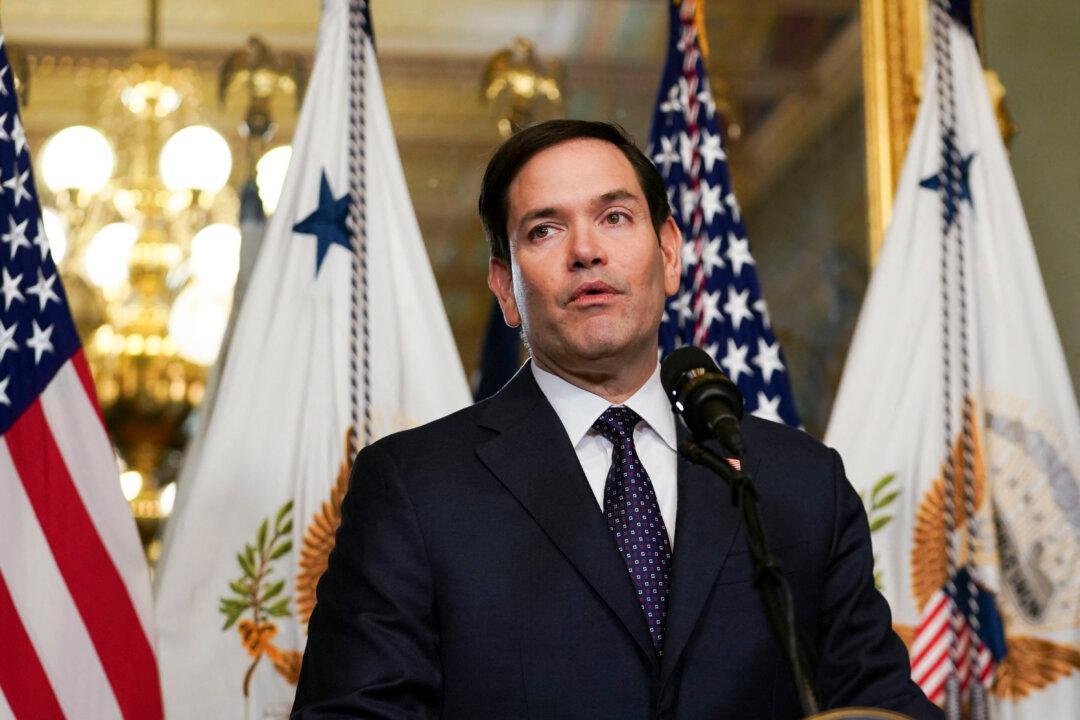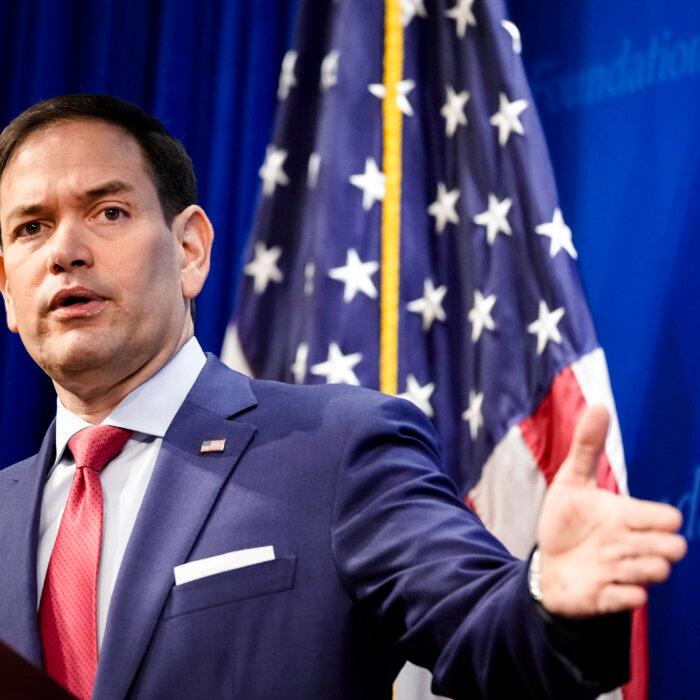The Chinese communist regime has signaled that it will communicate with new Secretary of State Marco Rubio despite the regime’s sanctions against the Trump appointee.
Following his confirmation on Jan. 20, Rubio is now the first sitting secretary of state under sanctions by the Chinese regime.
Beijing also sanctioned former Secretary of State Mike Pompeo on Jan. 21, 2021—one day after Pompeo and the first Trump administration left office.
Speaking from Beijing on Jan. 20, Guo Jiakun, spokesperson for the Chinese Foreign Ministry, did not answer a question on whether Beijing would drop its sanctions against Rubio.
Rubio and Rubio
Meanwhile, in Beijing’s official Chinese-language transcript of its press conference, the regime quietly replaced one Chinese character used for Rubio’s name with a homophone. Chinese netizens responded after, saying the regime was trying to minimize its embarrassment by making people think there are two different people.In previous official statements on Rubio’s sanctions, the translation “卢比奥” was used, while the latest transcript referred to him as “鲁比奥.”
Rubio’s Record on China
Rubio’s appointment was approved unanimously by the U.S. Senate on Jan. 20.As a senator, Rubio authored nearly 150 China-related bills, including bills on improving human rights in China; protecting American industrial power by limiting the CCP’s access to U.S. technology, capital, and federal tax credits; and countering the CCP’s influence and espionage in the United States.
He also served as the acting chairman of the Senate Intelligence Committee in 2020 and 2021 and chairman of the Joint China Commission between 2017 and 2019.
Beijing Previously Blocked Engagement Following US Sanctions
Beijing previously refused to engage with the Defense Department’s communication requests, citing U.S. sanctions against China’s then-Defense Minister Li Shangfu.In 2018, the Trump administration sanctioned Li, an aerospace expert, for allegedly buying Russian weapons when he headed the Equipment Development Department of the Chinese military.
After Li became defense minister, his department refused requests to speak with his U.S. counterpart, Lloyd Austin, the Pentagon chief told a Senate panel in May 2023.







